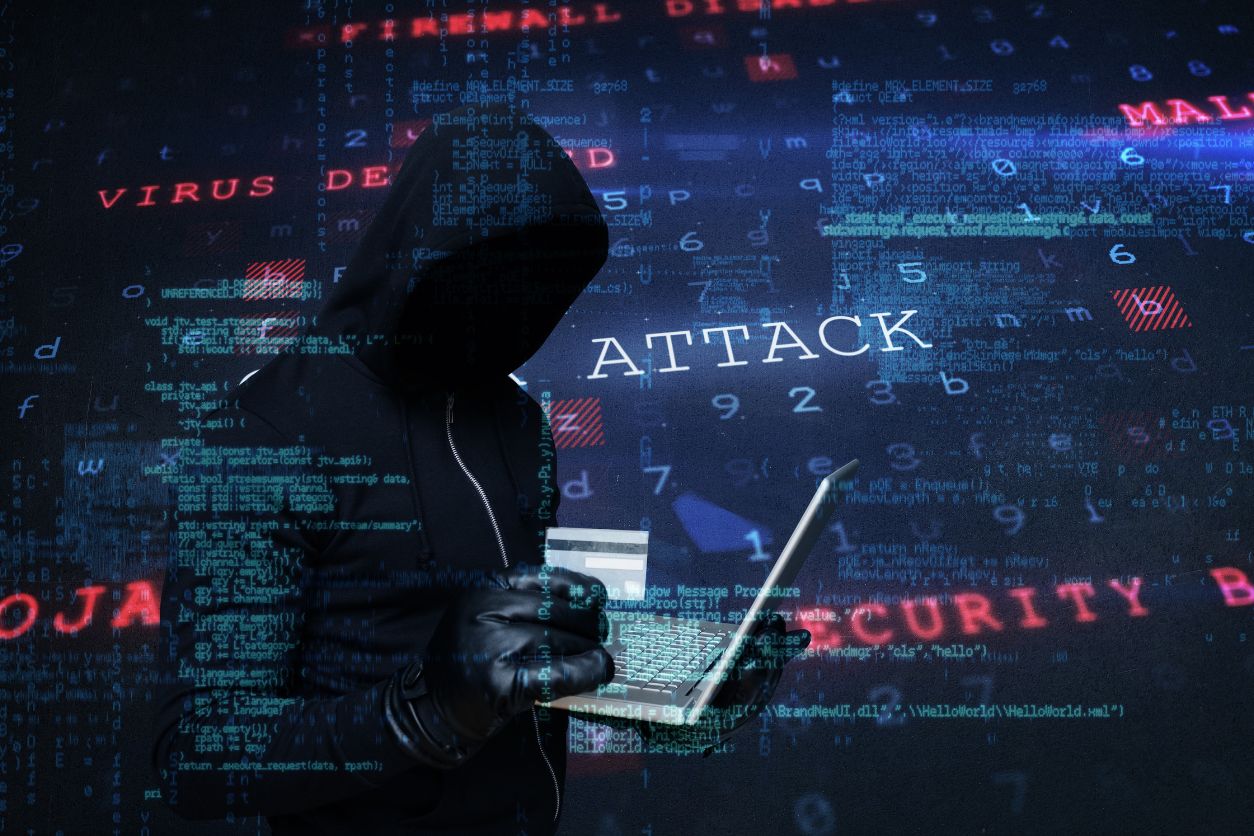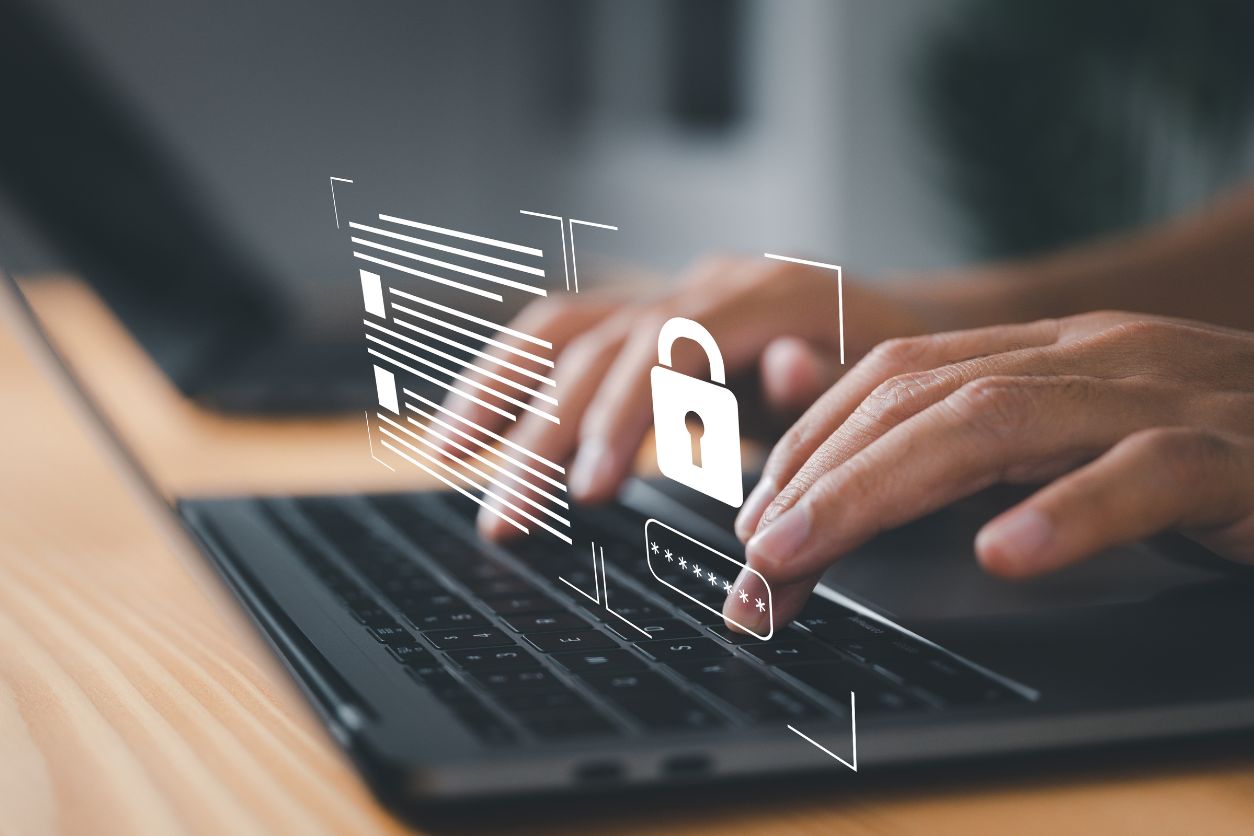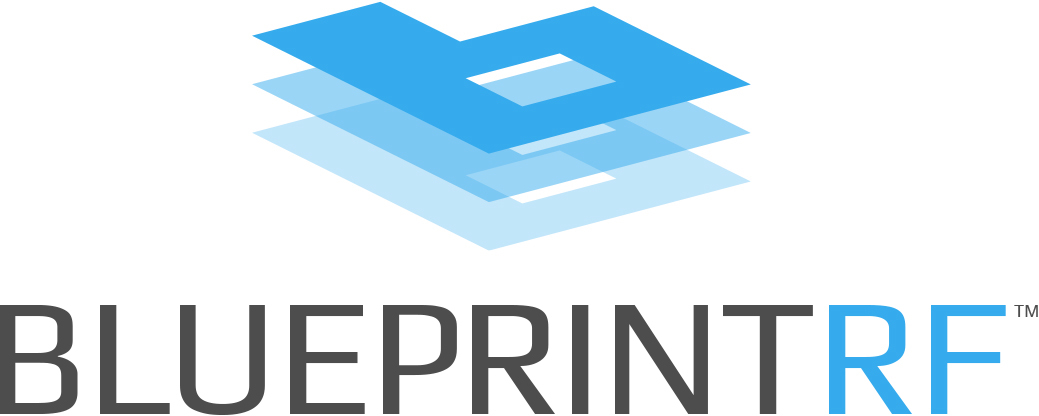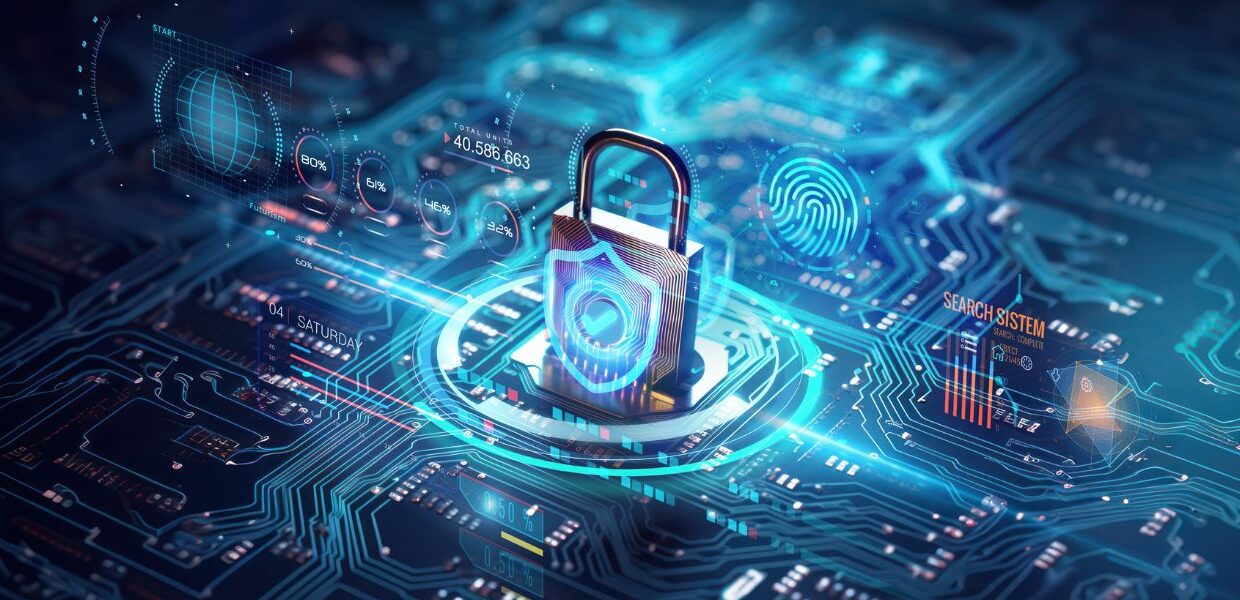Helping Prevent Common Hotel Scams With Network Cybersecurity
The hospitality industry faces a surge in sophisticated cyber threats and scams. Some industry reports indicate social engineering attacks against hotels increased 300% in the first half of 2024, with vishing emerging as a notable threat vector. These attacks target everything from guest data and payment systems to loyalty programs and booking platforms.
The financial stakes are consequential. Industry analysts predict global cybercrime costs will reach $20 trillion globally by 2026.
To date, cyber attacks on hotels have exploited vulnerabilities in connected devices like point-of-sale terminals and IoT systems. Hotels are prime targets due to their stores of sensitive guest information and complex, interconnected systems.
Modern hotel scams take many forms. Fraudsters have been known to deploy sophisticated phishing campaigns, create fake hotel booking scam websites, exploit vulnerable WiFi networks, and use social engineering to target staff and guests. These attacks can lead to data breaches, operational disruptions, and reputational damage that can take years to repair.
Solid network security infrastructure plays a foundational role in defending against these evolving threats. Underscoring the need for comprehensive cybersecurity measures has never been more critical, with reports showing that, as of 2023:
- 31% of hospitality businesses have already experienced data breaches
- 89% have faced repeat incidents at an average cost of $3.4 million per breach

Commonly Reported Hotel Scams
The hospitality industry faces a wave of sophisticated scams targeting both guests and properties. Here are some of the most prevalent threats, backed by real-world incidents:
Account Takeovers
This scam involves criminals hacking hotel accounts on booking platforms to access guest reservation details and send convincing payment verification requests. The attackers use the booking platform’s legitimate messaging system to appear authentic.
Recently, a California hotel fell victim to a sophisticated phishing campaign after their Booking.com credentials were stolen. Cybercriminals used the compromised account to send targeted messages to guests through the Booking.com mobile app, requesting additional “anti-fraud” verification information moments after reservations were made. On the dark web, posts on hacking forums have offered up to $5,000 per account for hotel login credentials, according to Krebson Security.
Front Desk/Hotel Room Scams
These hotel credit card scams involve fraudsters calling hotel rooms while pretending to be front desk staff, claiming issues with payment processing that require guests to reverify their credit card information. The calls typically come late at night when guests are tired and less vigilant.
In a documented case at a U.S. hotel, scammers:
- Called guest rooms late at night, posing as front desk staff
- Claimed computer problems required re-verification of credit card information
- Operated from within the hotel itself, making room-to-room calls to avoid detection
Evil Twin WiFi Networks
An evil twin attack occurs when hackers create counterfeit WiFi networks that mimic legitimate hotel networks to intercept guest data and credentials. These fake networks often appear identical to the hotel’s official network, making them nearly impossible to distinguish.
In a notable 2024 case, Australian authorities arrested a man who deployed evil twin networks on domestic flights by creating portable hotspots that mimicked airport WiFi names. When passengers’ phones automatically reconnected during flights, the attacker harvested login credentials and personal information from dozens of victims.
DarkHotel APT Attacks
The DarkHotel advanced persistent threat (APT) involves sophisticated hackers compromising hotel networks to specifically target high-profile business executives and government officials. The group uses the compromised networks to deliver malware through fake software updates.
Active since 2007, DarkHotel’s most recent campaign in 2022 targeted luxury hotels in Macao, including the Grand Coloane Resort and Wynn Palace. The attackers compromised hotel booking systems by sending phishing emails to gain access to guest data and WiFi networks.
Hotel Booking Scam Websites
These scams involve creating counterfeit hotel booking websites that closely mimic legitimate hotel sites to steal payment information and personal data. The fake sites often offer significantly discounted rates to lure victims.
A recent victim reported losing over $600 through a sophisticated booking scam where fraudsters created a clone of a legitimate hotel website. In this ruse, scammers:
- Accepted reservations at one rate over the phone
- Changed the rate in email confirmations
- Added hundreds of dollars in fake taxes and fees
In another case, a traveler attempting to book directly with Super 8 Wyndham was redirected to a convincing impersonation site that charged inflated rates and hidden fees.
The financial impact of these scams is substantial. Hotels rank as the third most common target of cyber attacks. Notable statistics include that:
- Prior to Covid-19, hotels accounted for 13% of all cyber compromises, according to the Trustwave 2020 Global Security Report.
- Nearly 31% of hospitality organizations have reported a data breach in their company’s history, according to a 2023 Trustwave report.
- 89% of hospitality organizations have experienced multiple incidents within a single year.
- The average cost of a hotel data breach stood at $3.4 million in 2023, according to a McGriff report.

Network Cybersecurity Best Practices to Combat Hotel Scams
Your hotel’s network security can serve as the first line of defense against sophisticated cyber threats. Let’s break down some of the core components of a robust cybersecurity framework that specifically targets common hotel scams.
Multi-Layer Authentication Systems
Think of this as your hotel’s digital bouncer. Modern hotels need more than just passwords; instead, they could benefit from multiple checkpoints. This can mean implementing two-factor authentication across all systems and requiring biometric verification for sensitive operations.
Advanced Network Monitoring
Your network might also benefit from 24/7 monitoring, much like using physical security cameras. AI-powered monitoring tools can spot unusual patterns, like multiple failed login attempts or suspicious data transfers before they become full-blown security breaches. These systems can act as your digital security guard, constantly watching for signs of trouble.
Secure Payment Processing
Payment fraud remains a challenge for hotels. A secure payment security system often includes:
- End-to-end encryption for all payment data
- PCI-compliant point-of-sale systems
- Real-time fraud detection for suspicious transactions
- Secure storage of payment information
Guest WiFi Protection
Your guest WiFi network can be a goldmine for scammers if not properly secured. Today’s hotels can benefit from:
- Separate networks for guests and staff
- WPA3 encryption protocols
- Regular network security audits
- Automated threat detection systems
Email Security and Anti-Phishing Measures
Your email security should be robust. This could include having advanced spam filters, employee training on phishing detection, and systems that automatically flag suspicious emails. Staff should avoid using search engines to access login pages; it’s a common entry point for scammers.
Access Control Management
Think of this as your digital key card system. Hotel access control should:
- Limit staff access based on job roles
- Track and log all system access attempts
- Automatically revoke access for terminated employees
- Require regular password changes
Incident Response Protocol
Even the best security can’t prevent all cyber attacks. Your hotel needs a clear game plan for when things go wrong. This could mean having:
- A documented response procedure
- Regular staff training on security protocols
- Backup systems for critical data
- Clear communication channels for security incidents
Remember, cybersecurity isn’t just about having the right tools. It’s about creating a security-conscious culture throughout your property. Regular training and updates can keep your team sharp and your defenses strong against evolving threats.
The Blueprint RF Advantage
Your hotel may need more than just WiFi solutions – a strategic network security solution, ideally backed by experienced industry professionals, can strengthen your defenses. Blueprint RF offers enterprise-grade managed network solutions specifically engineered for the hospitality industry.
Our team understands the unique challenges hotels face. We offer 24/7 network monitoring, advanced threat detection, and rapid response capabilities that protect your property and guests from evolving cyber threats. Our solutions are designed for compatibility and seamlessly integrate with hotel systems, providing a security framework modern hotels look for. Contact us today to learn more.











